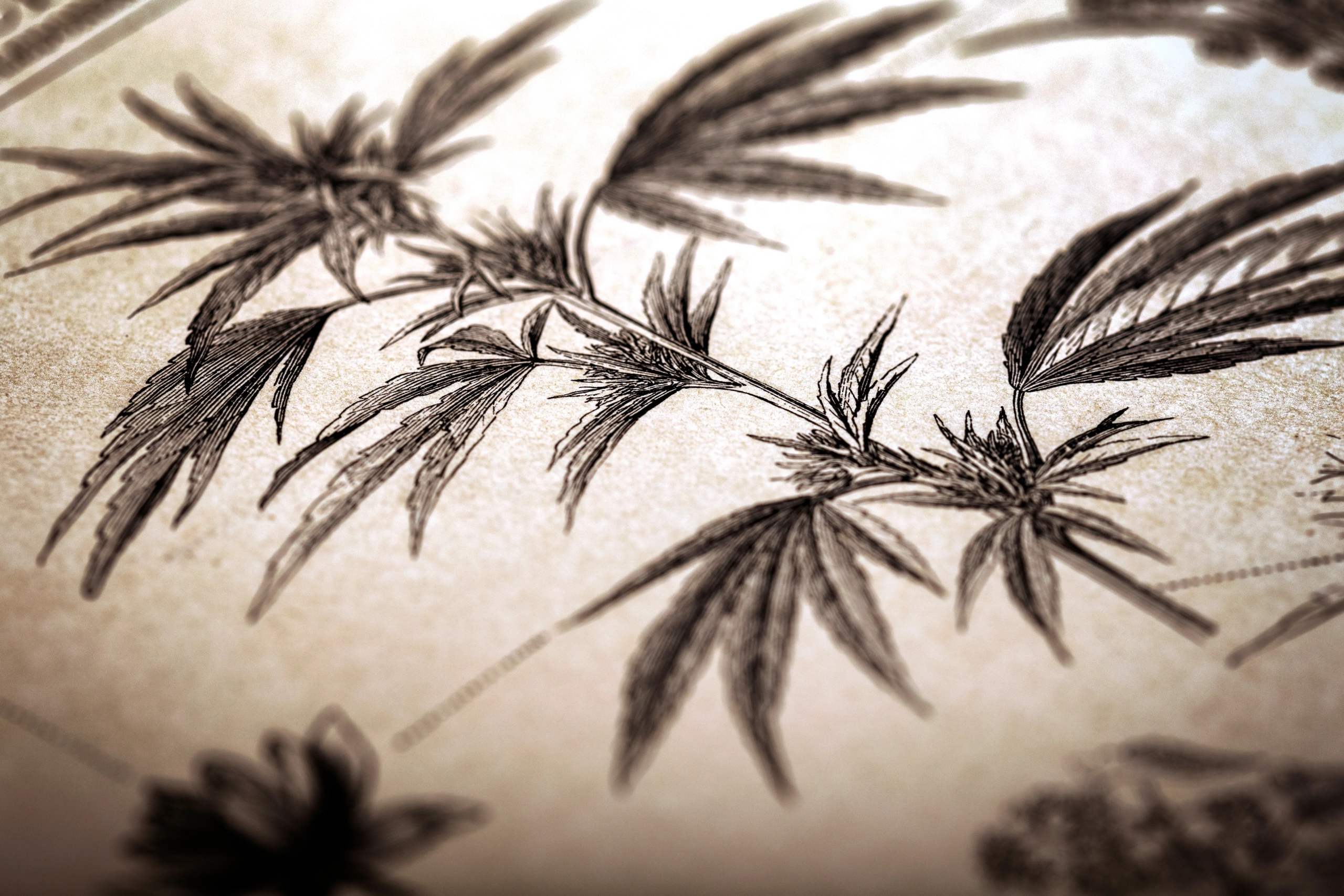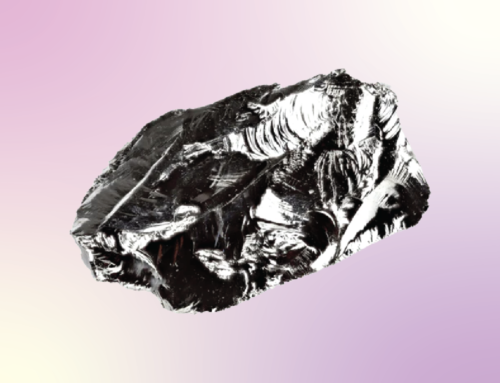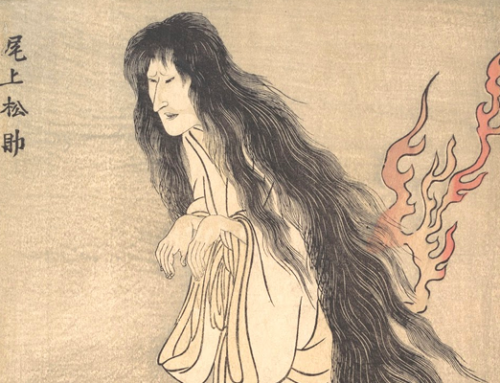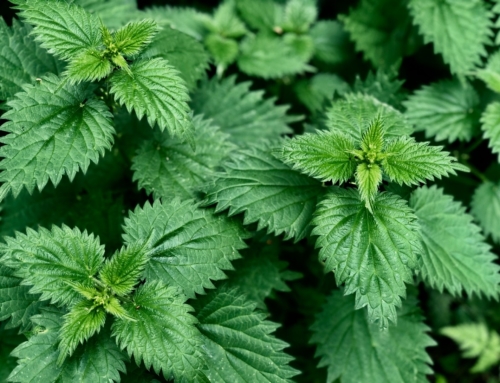Cannabis has been used in Traditional Chinese Medicine (TCM) for centuries. According to historical records, the Chinese have been using cannabis for medicinal purposes as far back as 2700 BC. The plant was believed to have a wide range of therapeutic properties and was commonly used to treat a variety of conditions such as gout, rheumatism, and malaria. Most mentions of cannabis and its use centered around pain and mental health management.
In TCM, the leaves, seeds, and roots of the cannabis plant were used to make different types of medicinal preparations. The leaves were often made into a poultice and applied to the skin to relieve pain and inflammation. The seeds were often ground into a powder and mixed with other herbs to create a tonic to boost the immune system. The roots were believed to have a calming effect on the mind and were often used as a sedative.
One of the most commonly used preparations in Traditional Chinese Medicine was a tea made from cannabis leaves. This tea was believed to have a number of therapeutic properties, including the ability to reduce pain, inflammation, and anxiety. It was also believed to have the ability to improve sleep and boost the immune system.
Early Chinese surgeon Hua Tuo (c. 140-208) is credited as being the first recorded person to use cannabis as an anesthetic. He reduced the plant to powder and mixed it with wine and used it prior to performing surgery. In fact, The Chinese term for “anesthesia” (mázui 麻醉) literally means “cannabis intoxication.” For this reason, it is believed that Chinese pharmacists were using Cannabis indica, rather than THC-bearing Cannabis sativa.
Today, researchers know that medical cannabis can help with a variety of health issues. It can be prescribed to patients for management of pain, migraines, PTSD, anorexia and other issues. It is considered an illegal drug at the Federal level and because of this, researchers are not able to conduct studies about the use of cannabis in treating medical conditions and in the practice of Chinese Medicine.






